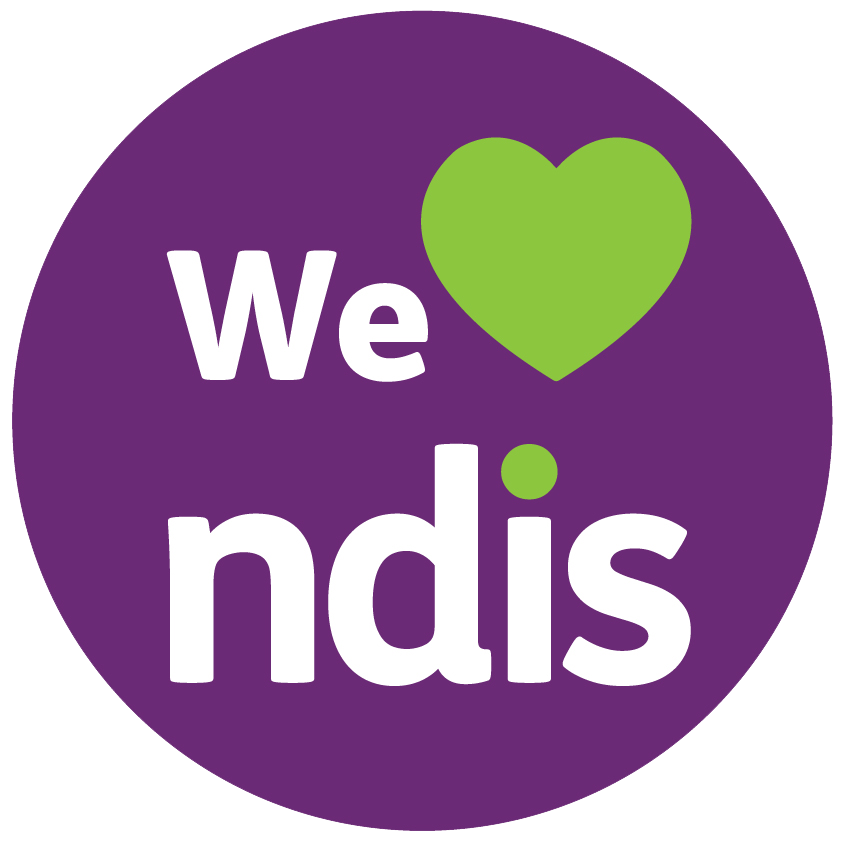We specialize in
- Anxiety Disorder
- Bipolar affective disorder
- Depression
- Eating disorders
- Dissociation and dissociative disorders
- Obsessive compulsive disorder
- Paranoia
- Social Phobia
- Epilepsy
- Dementia
- Cerebral Palsy
- Down Syndrome
- ADHD
- Autism
- Vision Impairment
- Deafness
- Spinal Cord Injuries
- Acquired Brain Injuries
1
Support coordination
We help you to make the best use of your supports in your NDIS plan. Support coordination is a capacity building support which helps you to:
- Understand and use you NDIS plan to pursue your goals
- Connect you with NDIS providers, community, mainstream and other government services
- Build your confidence and skills to use and coordinate your supports.
We deliver levels 1 & 2 of support coordination:
- Level 1 Support connection – This support is to build your ability to connect with informal, community and funded supports enabling you to get the most out of your plan and pursue your goals.
- Level 2 Support coordination – coordination of supports: This support will assist you to build the skills you need to understand and use your plan. A support coordinator will work with you to ensure a mix of supports are used to increase your capacity to maintain relationships, manage service delivery tasks, live more independently and be included in your community.
2
Psychosocial Recovery Coaching
A Psychosocial recovery coach is an NDIS funded role that involves mental health knowledge. A recovery coach will:
- spend time with you, and people important to you, to get to know you and understand your needs
- help you to find out about different services and supports, and how these can help you
- help you get support from mental health services
- help you better understand the NDIS and support you with the NDIS
3
Registered Nursing
NDIS Nursing Care is provided to participants who have complex/ chronic or acute support needs
our Registered Nurses provides the following procedure;
- Medication administration/ Management
- Insulin Administration/ Diabetes Management
- Subcutaneous Injections
- Dementia Care/ Management
- Basic and complex Wound care/ Management, VAC/ Packed dressings
- Palliative Care/ pain management
- Continence care/ management/ Advice
- Urinary Catheter management (In-dwelling Urinary Catheter, In-out Catheter, Suprapubic Catheter)
- Post-Acute Care
- Stomal Therapy
- Complex Bowel care/ management
- Peg feed/ care/ management
- Client/ Carer Education
What are the disability-related health support areas?
The disability-related health supports we specialise in, when this is directly related to your disability, include:
- Dysphagia supports: if you have trouble eating, drinkingor swallowing on a daily basis.
- Respiratory supports: if you need support, care and planning to help you breathe and maintain respiratory health where this is compromised.
- Nutrition supports: if you need help with the way you eat or understanding the food you need.
- Diabetes management supports: if you need extra help to manage your diabetes, for example, testing your blood sugar level because you are unable to do this on your own due to the functional impact of your disability.
- Continence supports: if you need products to maintain your continence or someone to help you with toileting on a daily basis.
- Wound and pressure care supports: if you have slow to heal wounds, a condition that results in swollen arms or legs, or ongoing loss of feeling in your body or arms or legs, and you need regular skin, wound and pressure care.
- Epilepsy supports: if you need help to monitor and manage seizures when they occur.
4
Core Supports
Assistance with Social and Community Participation
Assistance with Social and Community Participation (Support Category 4) is a funded support category that you may find in your NDIS plan, under Core Supports.
Social and community participation is about meeting people with similar interests and joining in social and community activities. It means going where others go, doing what others do, with other people and choosing activities you enjoy. Social and community participation also means different things to different people. It can include going to your local cafe, joining a netball team, bushwalking with a friend, doing a craft class, getting work experience, or volunteering.
5
Personal Care
Personal care supports relate to assistance with daily personal activities including assistance with, or supervision of, personal tasks of daily life. For example:
personal hygiene, including showering, bathing, oral hygiene, dressing and grooming; toileting, bladder and bowel management and menstrual care;
- eating and drinking;
- attending appointments;
use of aids and appliances, hearing and communication devices;
mobility and transferring, for example moving in and out of bed and on or off the toilet; or application of splints, basic first aid due to injuries sustained as a result of a participant’s disability

